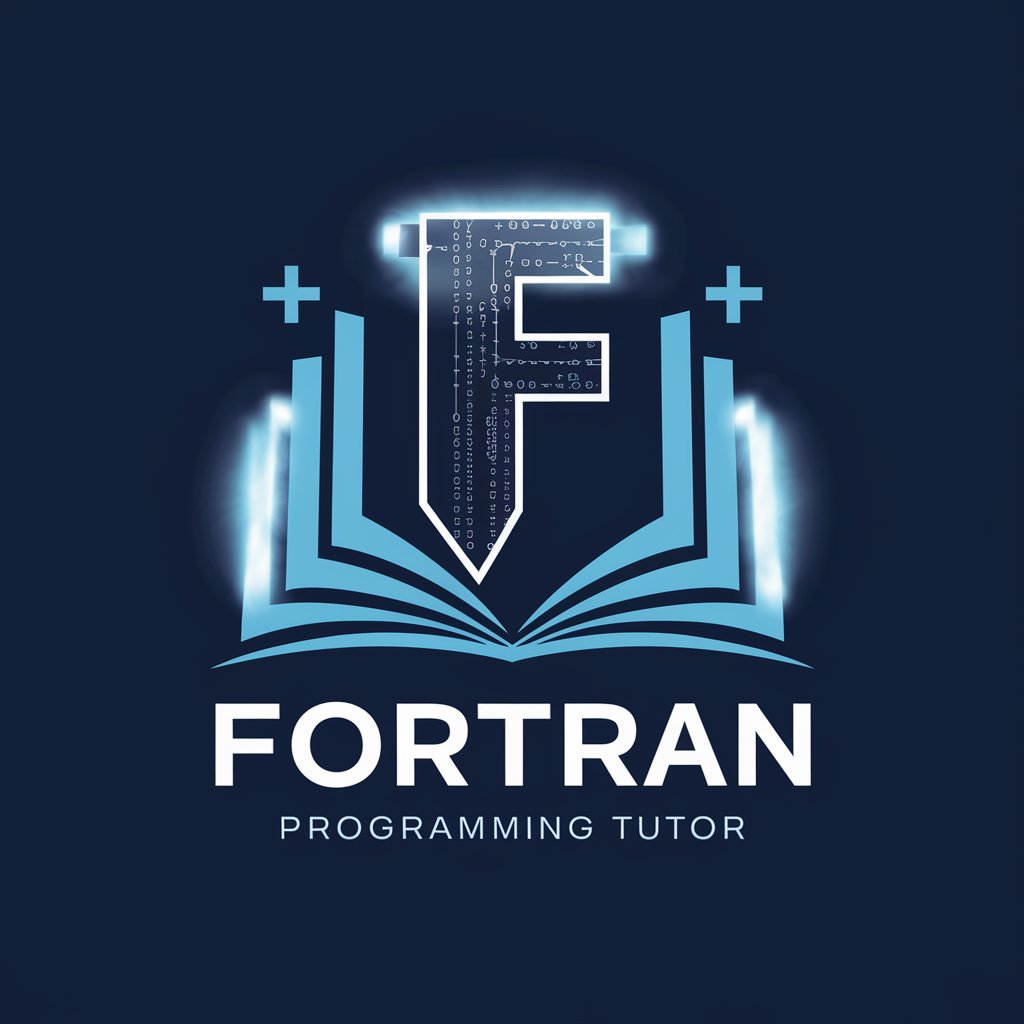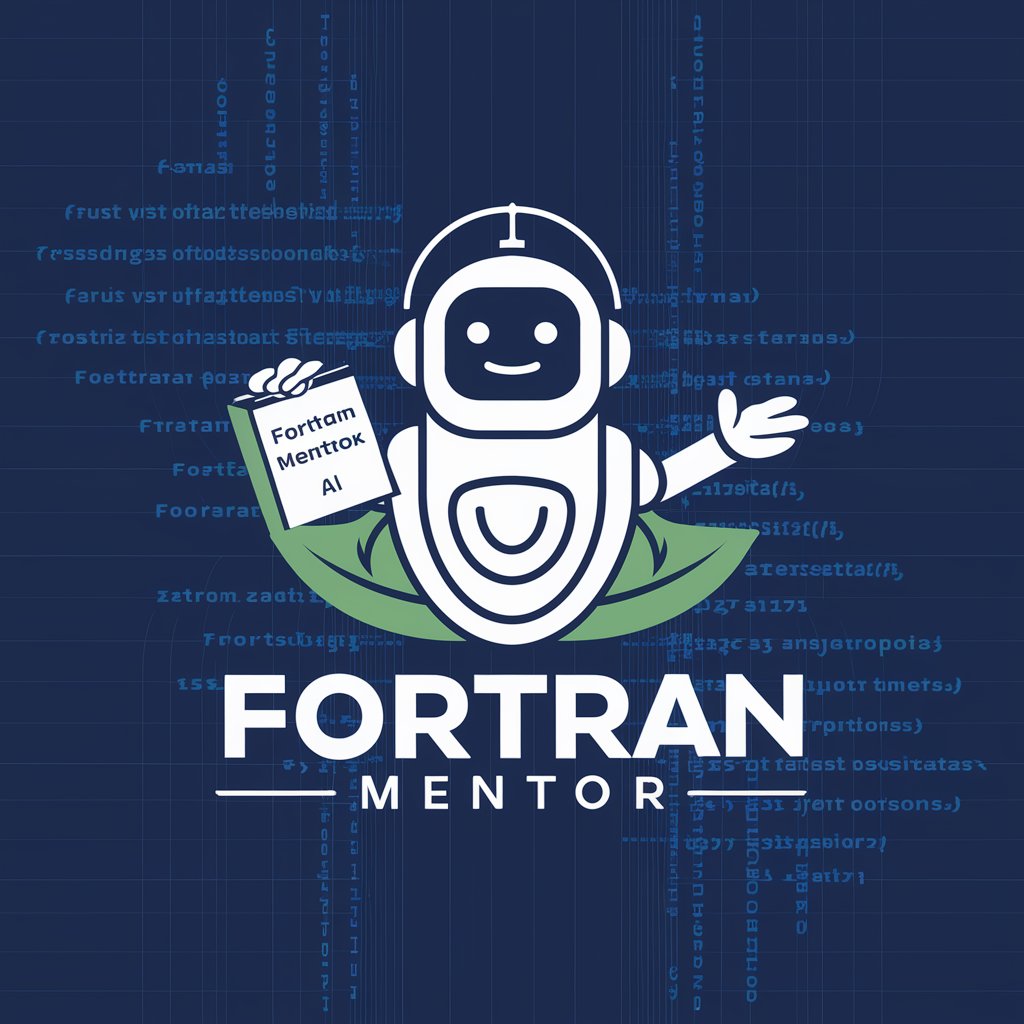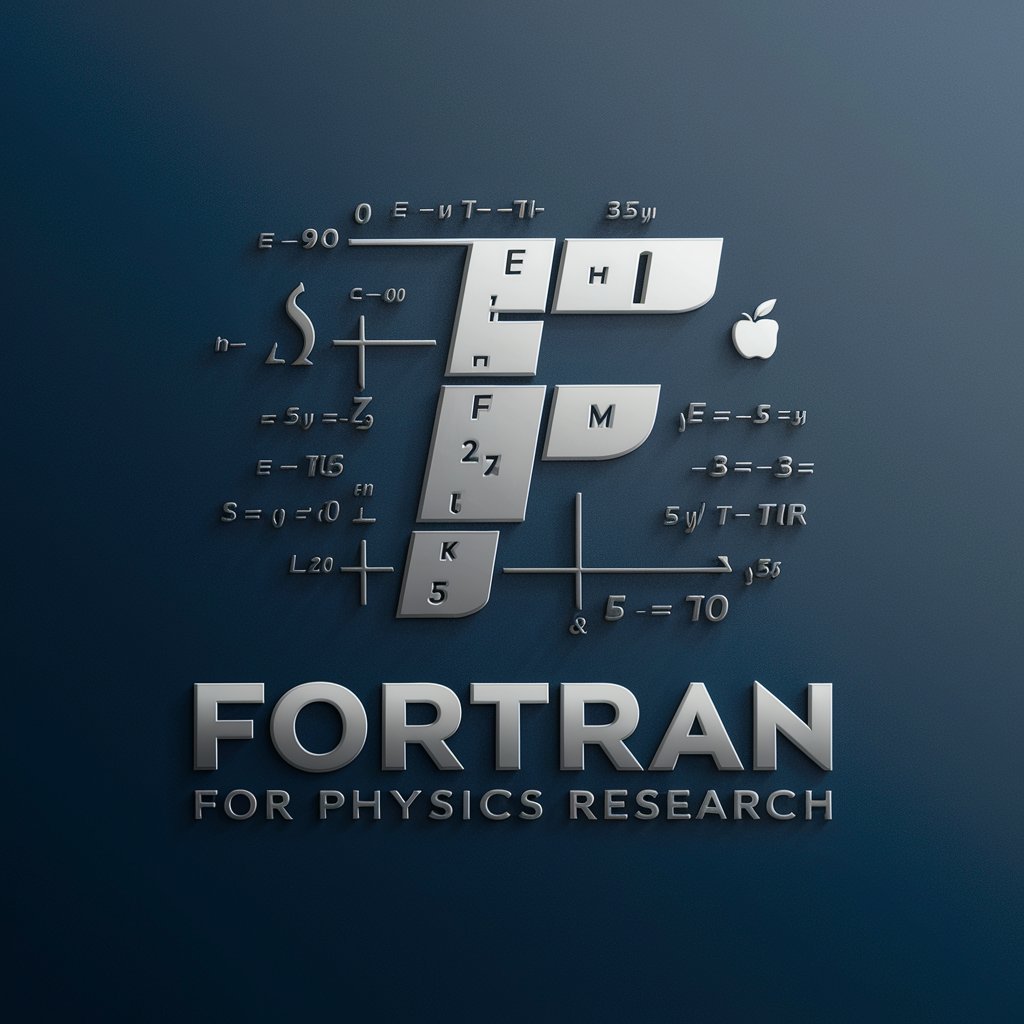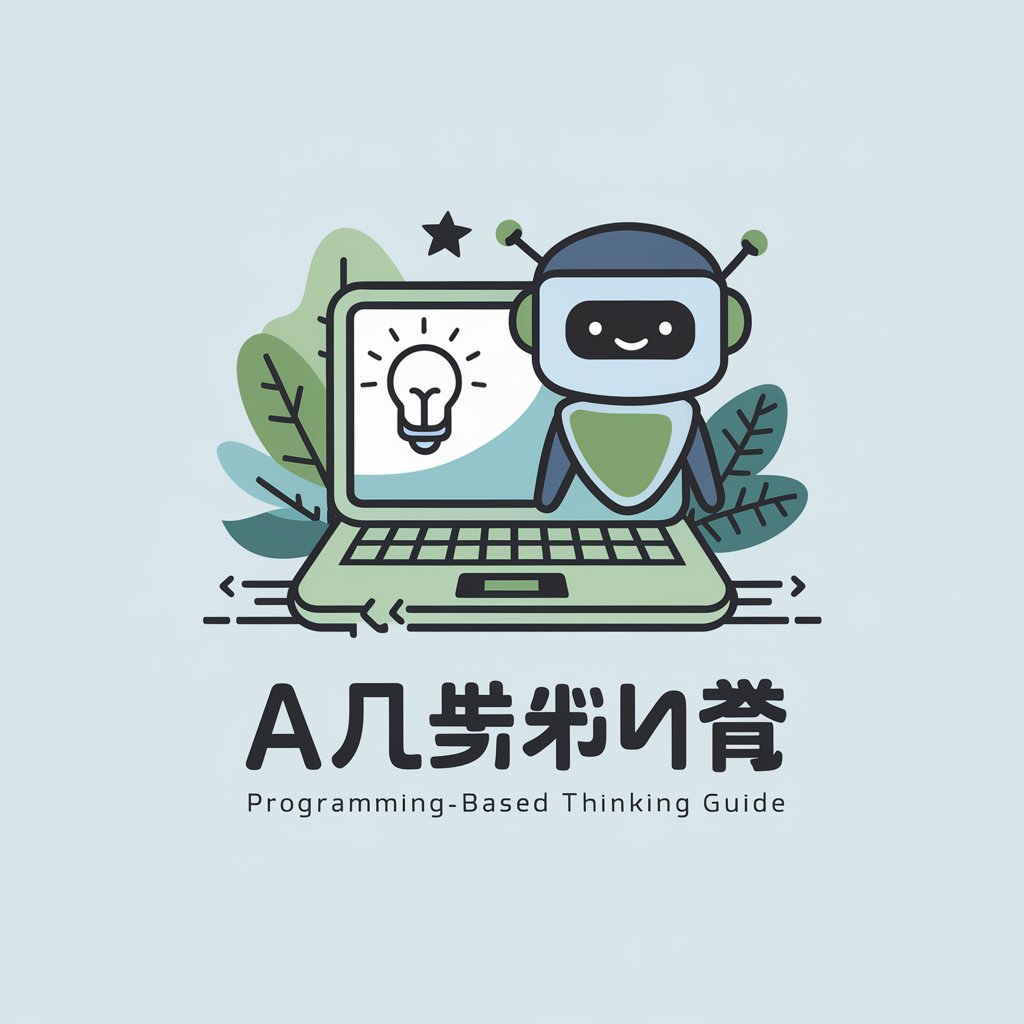
Fortran - Úvod do programování - Fortran Learning Resource

Hello! Ready to learn Fortran step by step?
Master Fortran with AI-Powered Guidance
Explain how to declare variables in Fortran.
How do you create and use arrays in Fortran?
Can you demonstrate a simple loop in Fortran?
What is the process of reading and writing files in Fortran?
Get Embed Code
Introduction to Fortran - Úvod do programování
Fortran, an acronym for Formula Translation, is one of the oldest programming languages designed specifically for numerical computation and scientific computing. 'Fortran - Úvod do programování' serves as an introductory guide to programming with a focus on Fortran, emphasizing its syntax, data structures, and unique features suitable for solving complex mathematical problems. For example, it thoroughly explains how to declare variables, use arrays, implement loops, and write functions. A scenario illustrating its purpose could be a computational physics problem where Fortran is used to simulate particle interactions efficiently. Powered by ChatGPT-4o。

Main Functions of Fortran - Úvod do programování
Numerical computation
Example
Solving linear algebra problems, such as matrix multiplication or eigenvalue computation.
Scenario
Used in engineering analyses to model stresses in a bridge under various load conditions.
Scientific computing
Example
Running simulations of climate models to predict weather patterns.
Scenario
Meteorologists use Fortran to perform large-scale simulations to forecast weather and study climate change impacts.
Data processing
Example
Processing large datasets from astronomical observations.
Scenario
Astronomers analyze data collected from telescopes to study celestial bodies.
Parallel computing
Example
Utilizing multi-core processors to perform simultaneous calculations.
Scenario
Researchers implement parallel algorithms in Fortran to speed up complex computations in quantum physics.
Ideal Users of Fortran - Úvod do programování
Students and educators
Individuals new to programming who seek a strong foundation in computational methods, as well as educators designing curricula around scientific computing.
Scientists and engineers
Professionals in fields like physics, chemistry, biology, and engineering who require efficient tools for numerical analysis and simulation.
Data analysts
Analysts working with large datasets in research institutions or industries such as astronomy, meteorology, and environmental science, benefiting from Fortran's processing capabilities.

How to Use Fortran - Úvod do programování
1
Visit the main course page at https://fortran.jecool.net/ for comprehensive resources and instructions.
2
Download and install a Fortran compiler and any suggested Integrated Development Environment (IDE) to write and run Fortran code.
3
Start with the introductory lessons to understand the basics of Fortran programming, including syntax, data types, and basic structures.
4
Practice writing simple Fortran programs by following examples and exercises provided within the course materials.
5
Explore advanced topics and work on the zápočtové úlohy (credit tasks) to apply your knowledge in solving complex problems.
Try other advanced and practical GPTs
" Výživa lékaře "
Tailored Nutrition Guidance Powered by AI

PPAASGPT
Empowering Organizations Against Harassment

" Доктор Хранене "
Tailoring your diet with AI

المكتبة الرقمية
Empower your research with AI

مدرب الصحة
AI-Powered Personal Health Coach

سينما مانيا
Explore the world of cinema with AI

DSK Demo
AI-powered insights into Denmark's retail sector.

Procure Pro
Empowering Procurement with AI

" Læge Ernæring "
AI-powered Personalized Nutrition

IT Controlling Expert
Empowering IT decisions with AI insights

Radio Scorpio 🦂🎶🤘
Your AI-Powered Radio Experience

AOK Marketing & Sales Support Bot
Empowering Sales with AI Insight

FAQs on Fortran - Úvod do programování
What is Fortran - Úvod do programování?
It's an educational resource designed to introduce beginners to programming in Fortran, covering from basics to advanced topics.
How can I install a Fortran compiler?
Follow the installation guide on the course's main page, which recommends compilers and provides step-by-step instructions for different operating systems.
What are zápočtové úlohy?
Zápočtové úlohy are credit tasks designed to challenge students by applying their knowledge to solve practical programming problems in Fortran.
Can I learn Fortran even if I have no programming experience?
Yes, the course is tailored for beginners and gradually introduces complex concepts, making it suitable for those new to programming.
Are there any resources for advanced Fortran topics?
Yes, after covering the basics, the course offers materials on advanced topics and complex problem-solving exercises to deepen your understanding.






